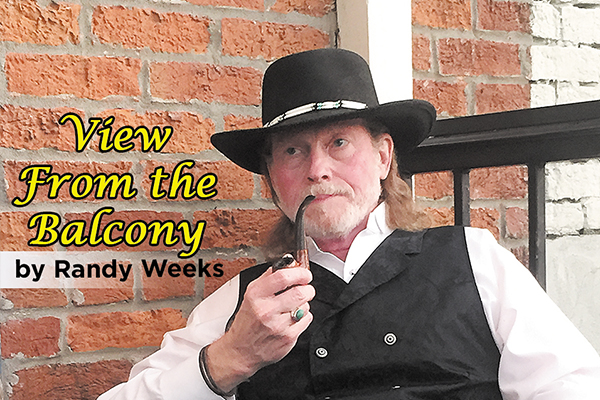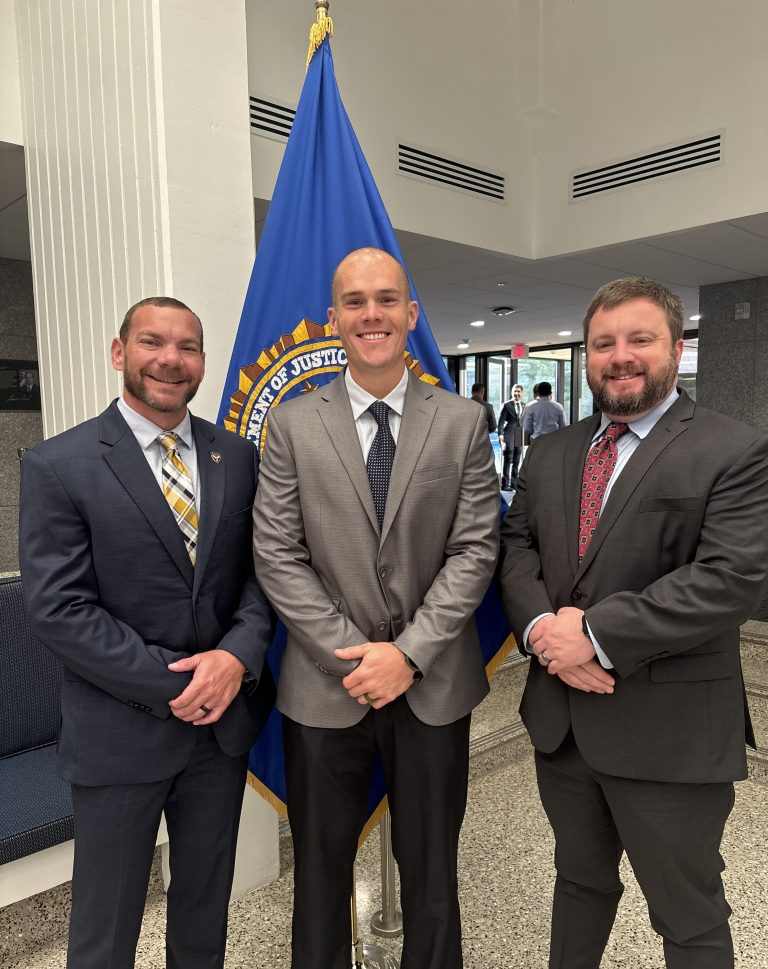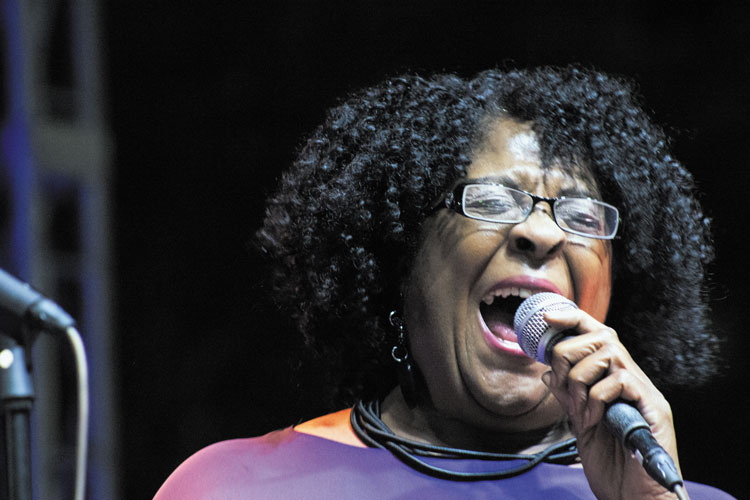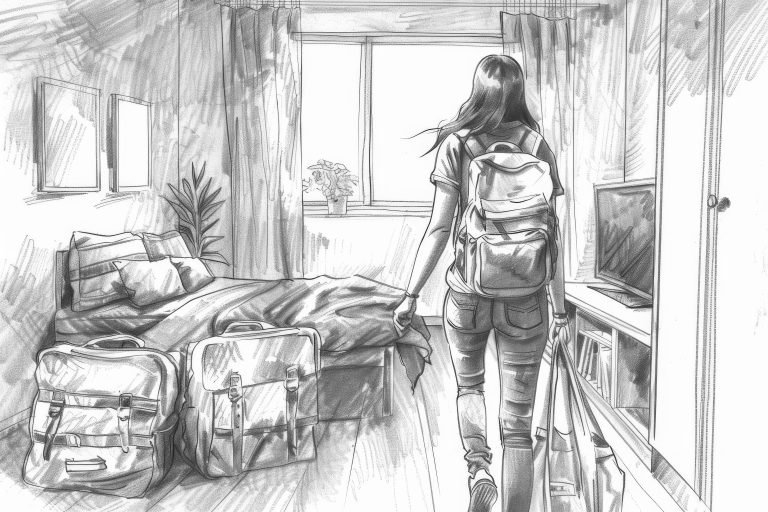
Early on August 18, 1969, the category 5 Hurricane Camille made landfall in Waveland, Mississippi. Camille was the second most intense hurricane on record to have struck the United States. According to Wikipedia and other sources, Camille produced a storm surge of 24 feet, killed 259 people, and caused over 9 billion dollars (in 2016 USD) in damages.
Some along the Mississippi Gulf Coast thumbed their noses at Camille and reportedly had hurricane parties—most notably at the Richelieu Manor Apartments in Pass Christian. The storm surge destroyed the building and all but one of the partiers were killed. The survivor denied the “party” aspect of the tale, saying that they were too tired to party, having worked their fannies off helping people prepare for Camille. Party or no party, death prevailed.
I was 14 when Camille struck. Our family had friends 45 miles from Waveland in Ocean Springs, Mississippi: Bud and Nancy Longnecker and their young sons, Greg and Michael. Bud was an orthopedic surgeon at the Keesler Air Force Base in Biloxi and had performed knee-replacement surgery on my father the year before. As was his nature, Daddy got to be good friends with Bud and Nancy—a Romper Room teacher (Google it, my young friends) who was the epitome of a blonde, tanned beach babe.
A day or two after Camille struck, Daddy and I loaded our black Chevy pickup with fresh food, fresh water, ice, and cold watermelon. We struck out for Ocean Springs. With all communications cut off, the Longneckers had no idea we were coming and we had no assurances that they would be there.
We drove through total devastation, zigzagging through all kinds of debris, until we reached Ocean Springs. When we drove up to the Longnecker’s house, there they were, clearing fallen trees and huge limbs from their yard in the sweltering, muggy heat of August. Bud didn’t look quite as stoic as he usually did. Nancy, who rarely hid her emotions, cried tears of joy.
Daddy and I left all the goods we had brought and headed back home to Madison (the old Madison). One thing that stuck with me was how happy the Longneckers were to have fresh water and ice-cold watermelon. They were like dumbfounded children on an especially abundant Christmas morning.
When she’s not sailing, Nancy now lives in Cape Coral, Florida (near Ft. Myers). Irma, weakening, but still a powerful hurricane, made landfall there. I have another friend who lives on the outermost barrier island west of St. Petersburg. Storm surge will likely have caused severe damage there. He was going to come crash with me in Oxford, but changed his mind to stay and help his 80-year-old neighbor. Thankfully they moved inland to safety.
It’s Monday night—9/11— as I write this. A lot will have happened by the time this piece hits the streets and the internet on Thursday. We’ll have a good idea of the damage and carnage from Irma. Hurricane José is getting weaker and may be gone by then. Thousands of Floridians will still be in shock, just like hoards of Houstonians and other Texans were after Harvey. While the outer wreckage will have been quantified, you can never measure the inner devastation.
With every disaster, natural or otherwise, we witness the generosity of strangers. We help each other with gifts of money, materials, and sweat. I was part of two teams who spent time on the Gulf Coast helping rebuild after Hurricane Katrina. As much good as that does for the victims, it may have done more good for us volunteers.
All too often in the United States we argue, bitch, moan, point fingers, and call each other names. But let disaster strike and most of us will put all that aside to help our brothers and sisters, even if it’s only for a little while. Why? Because it’s the right thing to do. Because there’s something at our core that says, “This is what’s really important. This is what matters.”
The more closely we’re involved with the victims of catastrophe, the more likely we are to be changed ourselves. Closing your fist and clutching what you think you own tightens your heart. Conversely, when you open your hands your heart will open, too.
So give. However you can, give something to help the hurricane survivors. Do it, not because you might be the next one to suffer such tragedy, but because it’s the right thing to do. They’re counting on us. Let’s not let them down.
“Whoever you are, I have always depended on the kindness of strangers.” (Blanche DuBois from A Streetcar Named Desire by Tennessee Williams)



